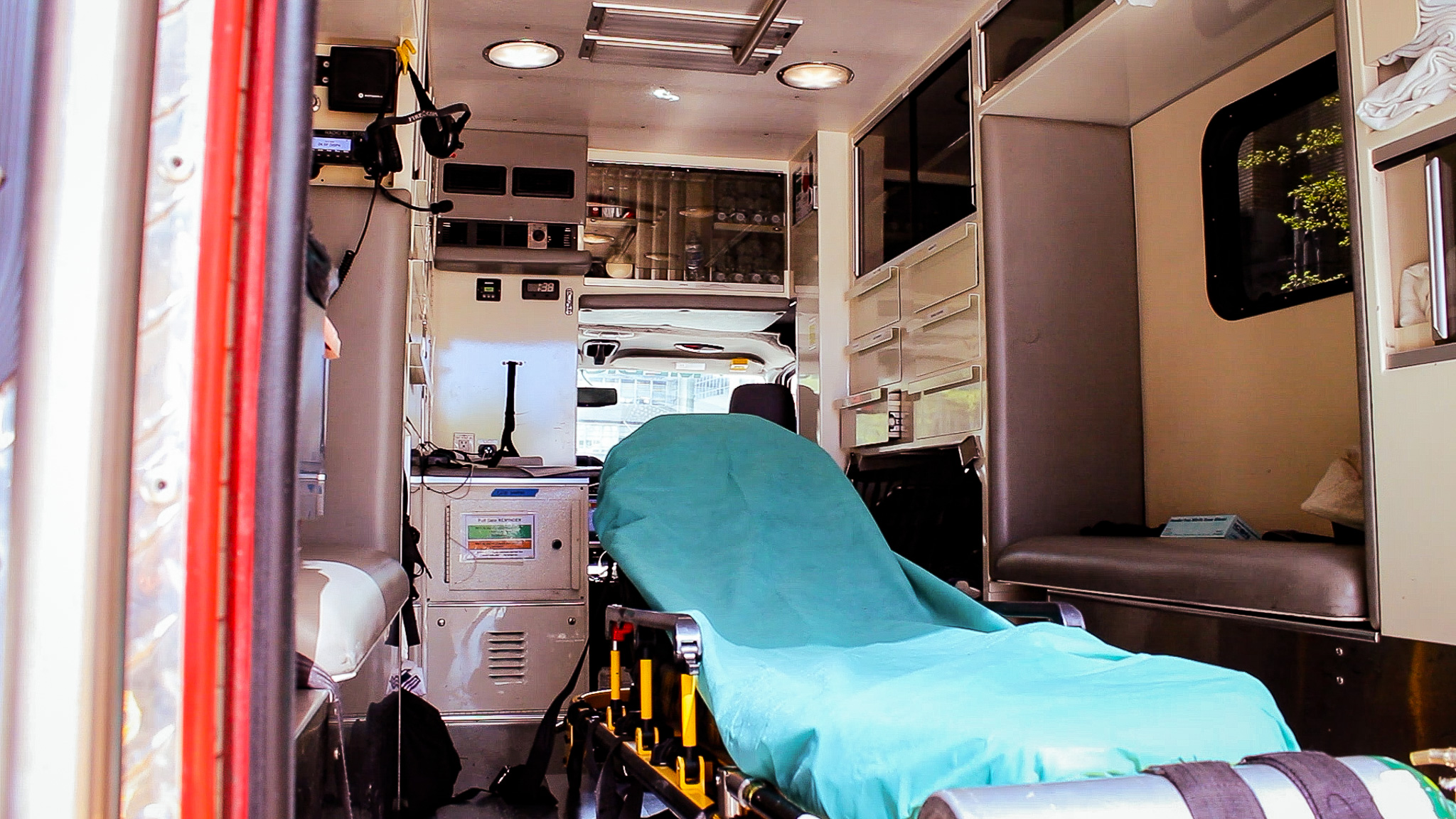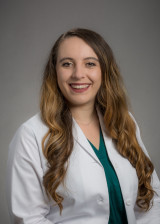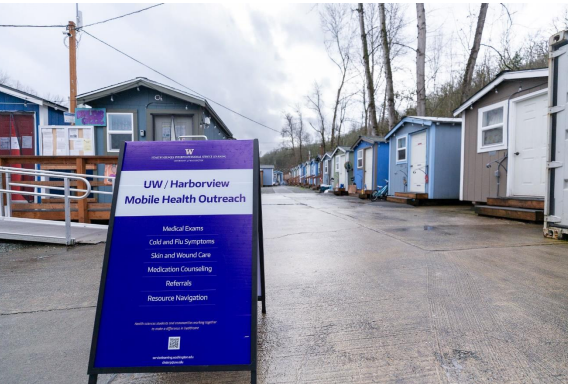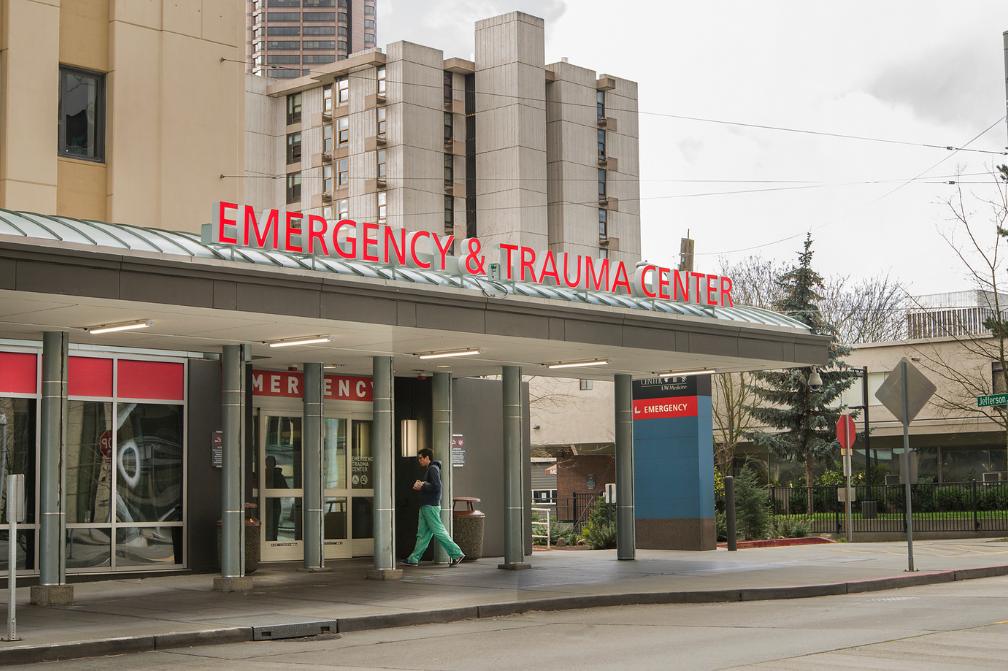
Emergency Medicine-Critical Care Welcomes Largest Class of Fellows and Two New Faculty
The specialty of Emergency Medicine-Critical Care is continuing to grow both nationally and at the University of Washington. This year, the EM-CCM group welcomed its largest fellow class of 5 emergency medicine-trained critical care fellows across three different critical care fellowship training programs.
“The University of Washington continues to be a leader,” said Dr. Nick Johnson, Associate Professor and Section Head for Critical Care. “There’s a long history here of training emergency physicians in critical care. Our multidisciplinary approach to critical care training across 4 hospitals and the full spectrum of subspecialty units lends itself well to the diverse clinical interests and expertise of emergency physicians.”
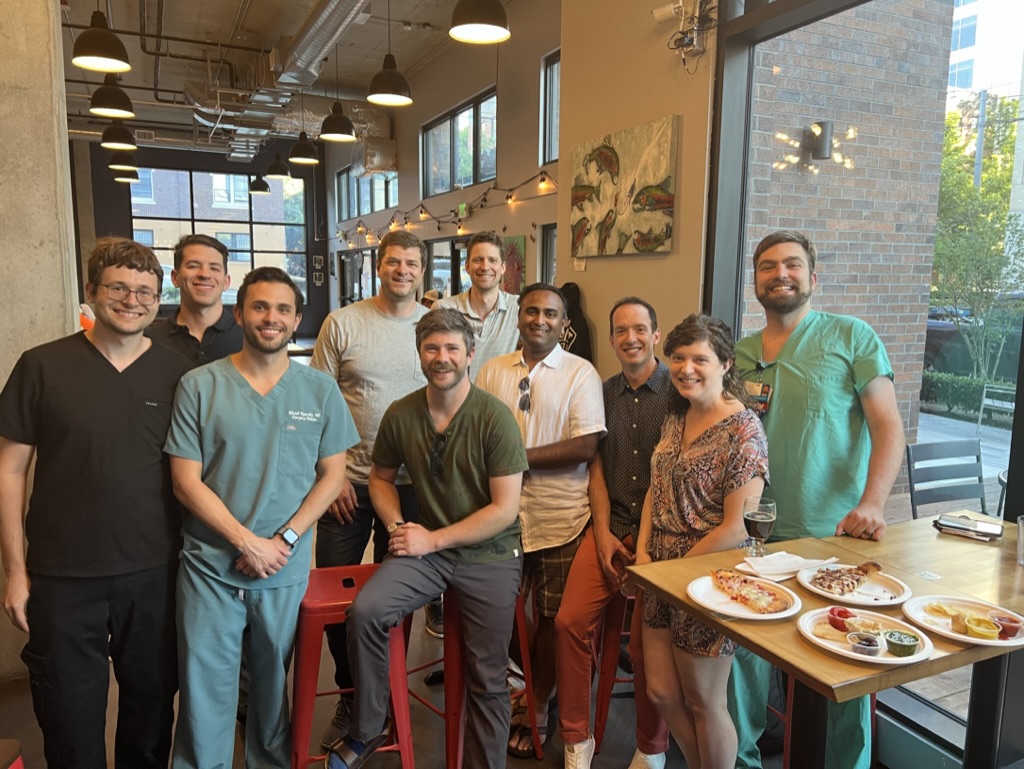
Left to Right: Matthew Stampfl (Pulm CCM), Jon Stuart, Mitchell Hymowitz (Pulm CCM), August Felix (Anesthesia CC), John Daniel Ballew (Anesthesia CC), Rob Klemisch, Vasisht Srinivasan, Nick Johnson, Anna Condella, Kristopher Hendershot (Neuro CC)
During the past seven years, the program has recruited 7 emergency medicine-critical care full and part-time faculty, who have a variety of backgrounds and academic interests. Johnson credits their continued growth to the faculty and fellows who have excelled clinically and academically while being great representatives of the relatively new and growing specialty of EM-CCM.
“I think the institution has seen and come to value the unique perspectives that emergency physicians bring to the ICU and the relationships they bolster between the ED, ICU, and pre-hospital environments. We’ve also benefited from incredibly supportive colleagues from the other critical care programs,” said Johnson.
The new fellows for this academic year will continue to provide care within the ICUs, leading teams of residents and advanced practice providers, and developing their skills as intensivists under the supervision of attending physicians. They have also welcomed two new part-time faculty members to the specialty and are looking to recruit one more.
“We’re looking for an experienced academic clinician with expertise in cardiovascular critical care, mechanical circulatory support, and perioperative critical care,” said Johnson.
Meet the New Faculty & Fellows
Faculty
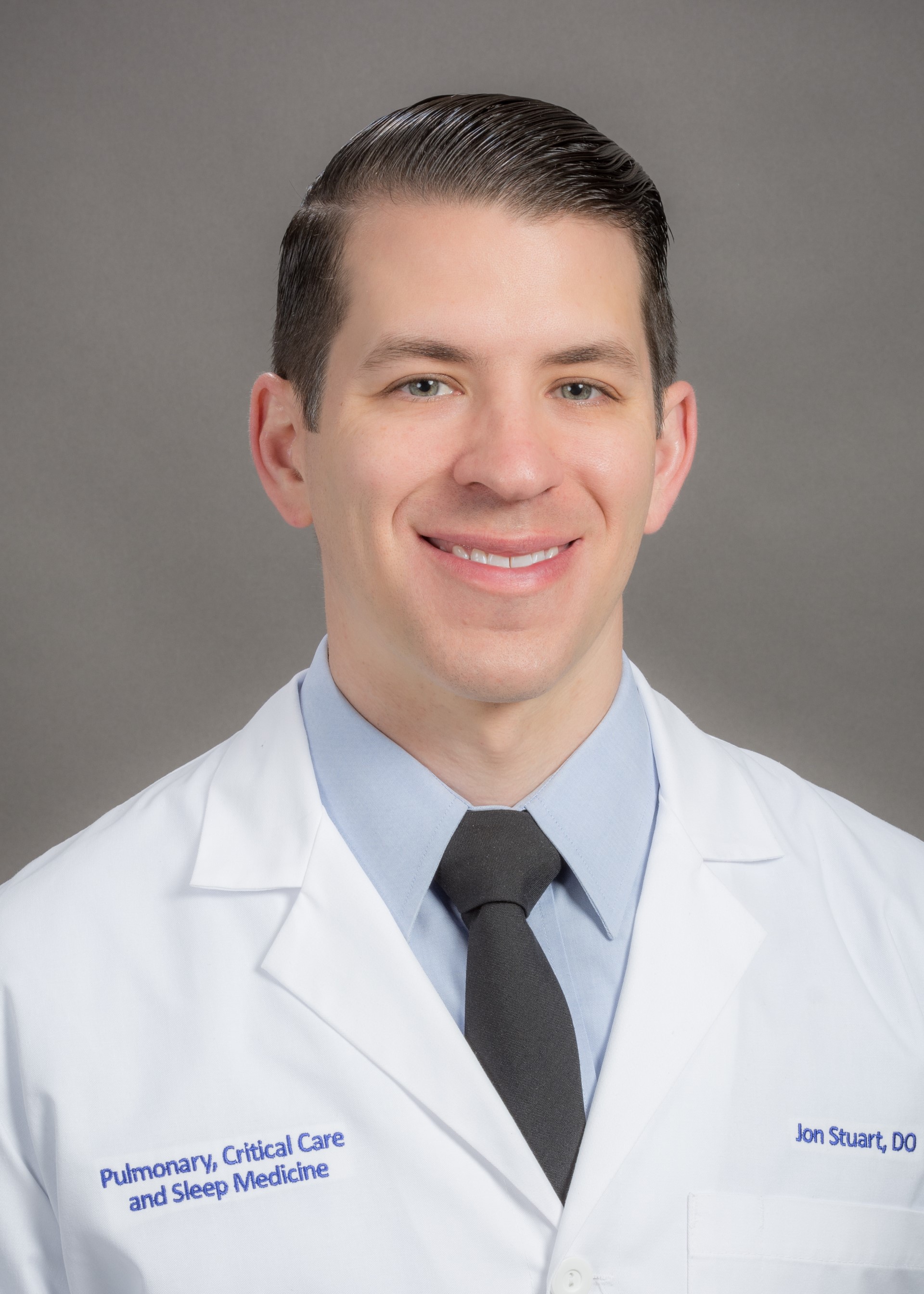 Jon Stuart
Jon Stuart
Role: Dr. Stuart is an active-duty officer in the US Army with a primary appointment at Madigan Army Medical Center in both emergency medicine and critical care. He will be working part-time in the UWMC-Montlake and Harborview ICUs.
Background: I am from Tulsa, Oklahoma, and completed my undergraduate studies in business at Trinity University in Texas. I then attended graduate school and medical school at Kansas City University of Medicine before returning to Texas for Emergency Medicine residency at Carl R. Darnall Army Medical Center. I spent several years in practice as an Emergency Medicine physician in the military before joining the University of Washington and completing Critical Care fellowship. My interests include prehospital and critical care transport, medical education, and mechanical ventilation.
Why this program: The multidisciplinary education and diversity of faculty expertise provided by this program is unparalleled. The program was flexible and supportive of the professional aspirations of me and my co-fellows and tailored our educational experiences, clinical rotations, and research endeavors to help us achieve our respective goals. The UW system is unique in the medical support it provides to a large geographic area across a multistate region with many different patient populations which enriches the educational experience and the level of support it provides to the community. UW also has a strong relationship with and supports the US military and its healthcare and educational systems.
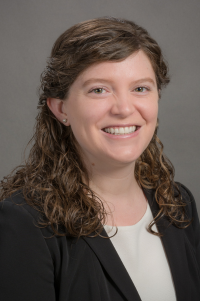 Anna Condella
Anna Condella
Role: Dr. Condella has been appointed as a Clinician-Researcher with clinical work in the ED, ICUs, and ECMO service at Harborview and UWMC-Montlake. She is also a research fellow supported by the Cambia Center’s T32 Palliative Care Training program.
Background: I’m originally from the Northeast – from New Jersey to New York to Massachusetts, where I trained at HAEMR (Harvard-Affiliated Emergency Medicine Residency) at Massachusetts General Hospital and Brigham and Women’s Hospital. I came to Seattle for the Critical Care Medicine fellowship at the University of Washington and the incredible EM-CCM community here. I graduated this past summer from fellowship, and it’s so exciting to continue on as a research fellow and clinician as this community continues to grow. My research interests are in ECMO, health equity, and ethics of critical care resource allocation.
Why this program: Critical care medicine as a subspecialty of emergency medicine has definitely been growing across the country, but its integration into the larger community of academic medicine can be variable. When searching for a training program, it was evident to me that UW was truly invested in EM-CCM education and career development on all levels, from the program faculty to division and departmental leadership.
As a fellow, I really enjoyed being exposed to an incredible breadth of critical care medicine across the UW system – from the MICU and TICU at Harborview, a safety net hospital and Level 1 Trauma Center, to community critical care medicine at Valley Hospital, to the subspecialty focused care in the Onc ICU and CTICU at UW Montlake. I always felt like an integral member of the team and that the faculty was excited for and invested in my training. As I’m moving forward with a career in academic medicine, I’ve so appreciated the division’s mentorship and support for research training while maintaining my clinical involvement in both the ED and the ICU. I’m looking forward to continuing to develop my skills as a clinician-researcher and hopefully spending more time outside of working with the EM-CCM crew!
Fellows
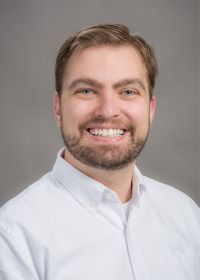 Kris Hendershot
Kris Hendershot
Neurocritical Care Fellow
Background: I am originally from New Jersey but completed my undergraduate studies in Biology at Davidson College in North Carolina. I returned to New Jersey for medical school at Cooper Medical School of Rowan University, where I was Student Government President for four years. I completed Emergency Medicine residency at Jackson Memorial Hospital/University of Miami, where I was chief resident and awarded Resident of the Year by the program. I am interested in treating patients who are suffering from neurological emergencies and addressing their care both in the ED and in the ICU. I am also specifically interested in addressing the palliative care needs of patients and family members in the ICU.
Why this program: Mentors at Jackson Memorial Hospital spoke very highly of the faculty at the University of Washington both in the emergency department and in critical care. I also knew that some of the international leaders in my area of research are faculty here at UW and would be fantastic mentors. Lastly, my wife, Maya Elias, is faculty here in the School of Nursing and we are very excited to raise our daughter, Serena, here in the Pacific Northwest.
I have had an absolutely amazing experience thus far both working as an attending in the emergency department at Northwest and as a fellow at Harborview. I am looking forward to starting my grant-funded research study on the care trajectory of older adult patients with TBI.
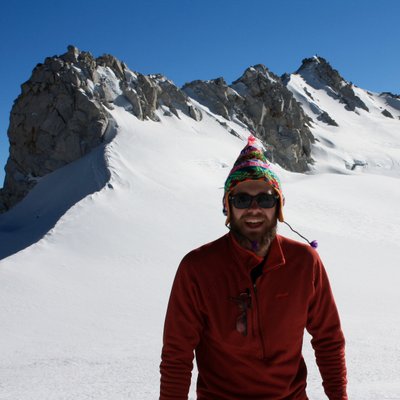 Daniel Ballew
Daniel Ballew
Anesthesiology-Critical Care Fellow
Background: I grew up in Tennessee/Alabama. I attended medical school in Spartanburg, SC. My residency training was in Rochester, NY. I completed the 2 year Global/Rural Emergency Medicine Fellowship through UW and that took us to Alaska for the first year and Peru for the second. After completing fellowship, we returned to AK where I worked in the ED at Alaska Native Medical Center in Anchorage. Clinically, I am interested in acute resuscitation and ways to improve the care of critically ill patients in austere/remote areas.
Why this program: I had a great experience during my Global/Rural fellowship through UW. The WWAMI aspect and broad catchment area of the UW system support my goals and clinical interests. Mentors/Friends all had great things to say about the program. The diverse interests and expertise of the faculty is impressive. Seattle is also a pretty cool town and there is easy access to the mountains.
So far, things have been great. Transitioning back into the academic setting has been smooth, and I have been learning a ton. I am looking forward to rotating through the various ICUs and seeing broad pathologies. I am also looking forward to continuing to explore the PNW with the family.
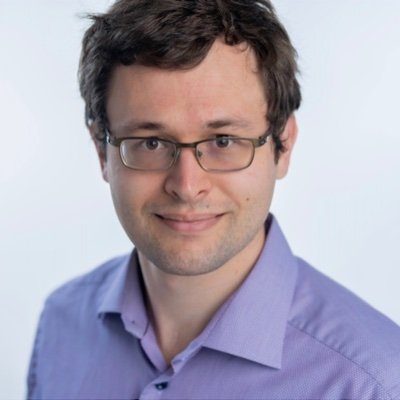 Matthew Stampfl
Matthew Stampfl
Internal Medicine-Critical Care Fellow
Background: I grew up in Green Bay, Wisconsin before attending Rice University and then Baylor College of Medicine in Houston. While at Rice, I got involved in collegiate EMS, which started me down the path toward emergency medicine. My residency was at the University of Wisconsin, and I stayed on for a fellowship in critical care transport and helicopter EMS. My academic interests include flight medicine, vasopressors, and medical lecturing.
Why this program: I have family in the Seattle area, so the University of Washington was on my radar from the beginning of my critical care fellowship search. This interest was confirmed through conversations with Rob Klemisch and Jenelle Badulak before the application season even began. The range of opportunities provided by UW’s multi-disciplinary critical care training, including ECMO, Airlift Northwest, and numerous EM-CCM mentors, was compelling.
It’s been interesting getting used to working on the inpatient side again. I’ve found the faculty to be incredibly supportive and look forward to honing my critical care acumen. Being able to fly with Airlift Northwest has been thrilling and I hope to meet the requirements to fly as a full partner soon.
 August Felix
August Felix
Anesthesiology-Critical Care Fellow
Background: I grew up in Massachusetts and attended Bates College in Maine where I competed as an alpine skier on the NCAA D1 circuit. My interest in medicine and emergency medicine began after college while working in sales at a medical evacuation company in Boston, MA called Global Rescue. I attended medical school at the University of Massachusetts and completed EM residency at Maine Medical Center where I served as chief resident in my final year. At MMC, I completed research on ECMO and Transesophageal Echocardiography, and look forward to more cool projects here!
Why this program: I was interested in attending a program with broad critical care experience, opportunities for critical care transport and ECMO, and a strong (growing) history of EM-trained intensivists. The beautiful outdoors was an added bonus!
My one month thus far has been amazing, and I look forward to rotating through the various clinical sites and ICUs. It is clear that faculty make teaching a priority and I’ve already learned so much. I am also excited to explore projects in TEE and ECMO and undergo training to become an Airlift NW flight physician. Will escape to the mountains when I can this winter.
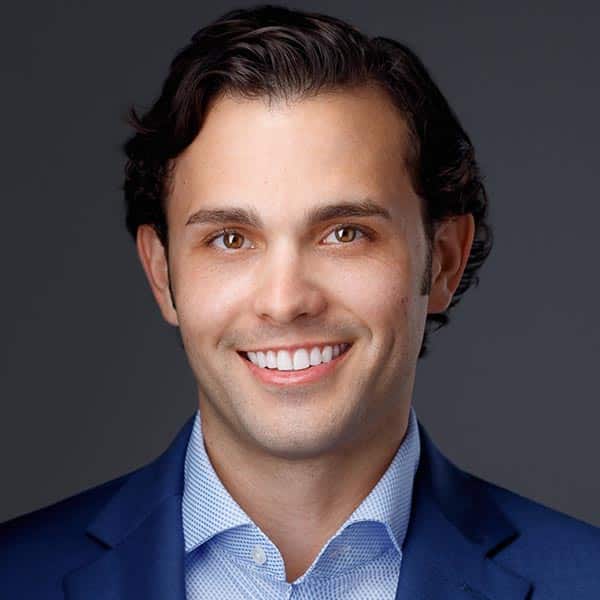 Mitchell Hymowitz
Mitchell Hymowitz
Internal Medicine-Critical Care Fellow
Background: I grew up in the South Bay of Los Angeles with my parents and two little sisters. I went to the University of Texas at Austin for undergrad and medical school at the University of Texas Health at San Antonio. My residency training was at Louisiana State University Health in Baton Rouge, where I was chief resident in my final year. Residency provided me with excellent exposure to both emergency department and inpatient critical care, enabling me to develop skills in resuscitation and a passion for critical care medicine. My specific academic interests include sepsis, cardiac arrest, acute respiratory failure, and airway management.
Why this program: The reputation for excellent faculty, learning environment, and access to a multitude of research and clinical opportunities were all very appealing when I was deciding between different programs. My mentors in residency each spoke highly of this program and knew that UW, Seattle, and the EM-CCM family would be the right fit for me. Graduates of the program have made a huge impression on the landscape of how emergency medicine-trained intensivists contribute to both the emergency medicine and critical care communities. I aspire to have that impact and believe that this program will provide the skills and mentorship needed for me to achieve my goals.
Professionally, my experience to date has quickly broadened my perspective of the subspecialty. The University of Washington Montlake and Harborview rotation sites offer the ability to work in several different critical care units while learning from staff with various backgrounds who are leaders in their respective fields. It has been additionally rewarding to take on the role of contributing to the education of various learners on the healthcare team. I am particularly looking forward to my rotations on ECMO consults and MICU at Harborview.
Personally, summertime in Seattle has been excellent. I have been trying to enjoy the outdoors as much as I can in my free time. The beautiful landscape that the Pacific Northwest has to offer makes for a great place to grow as a physician.




